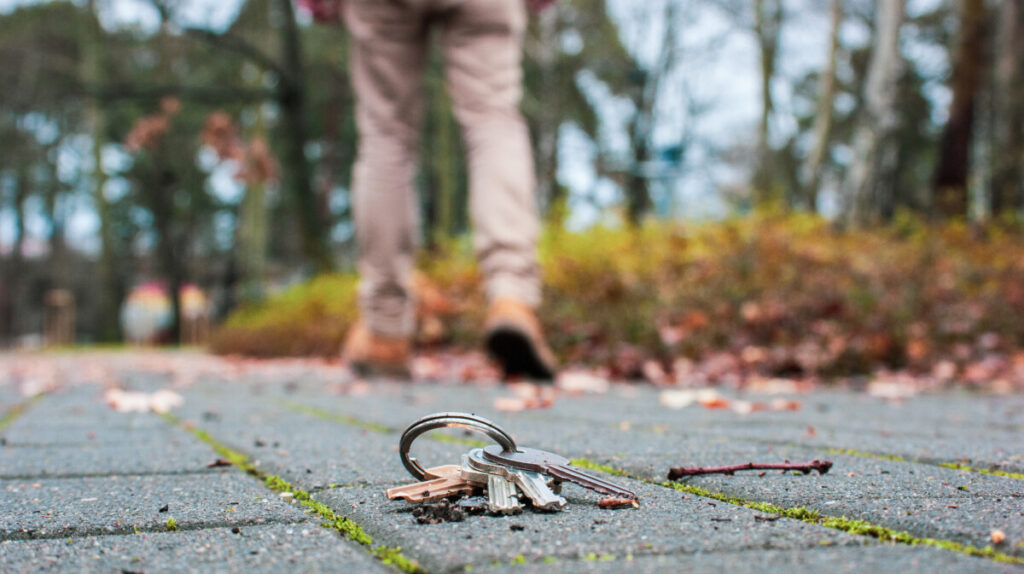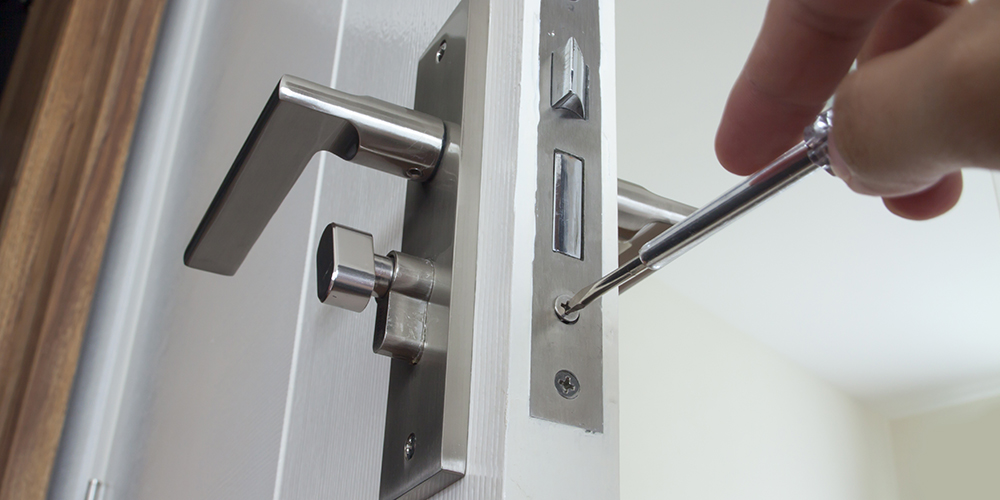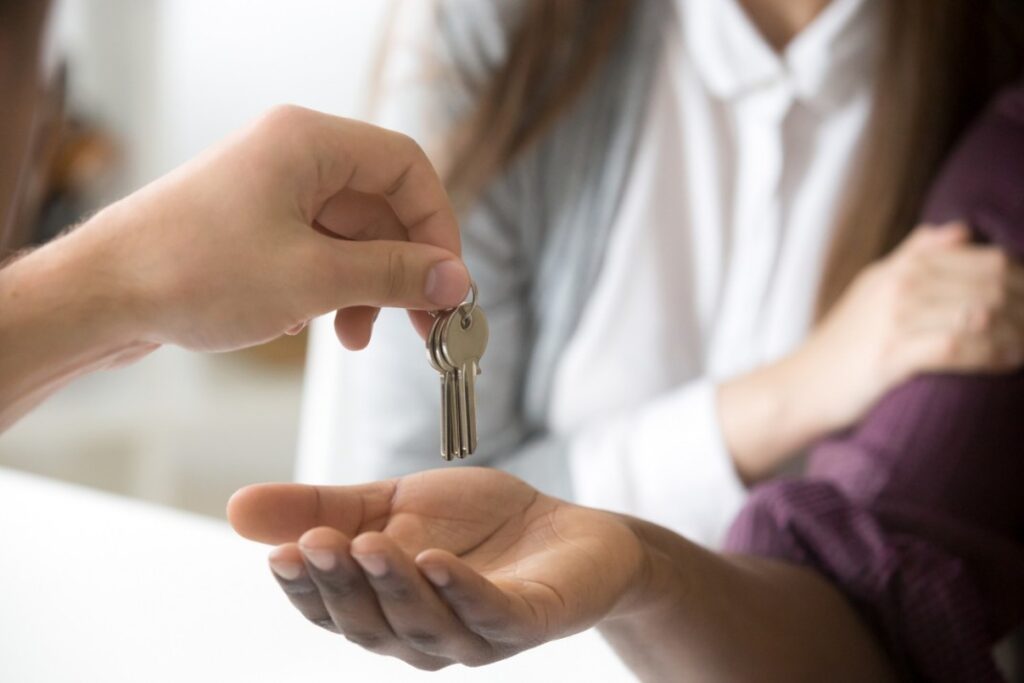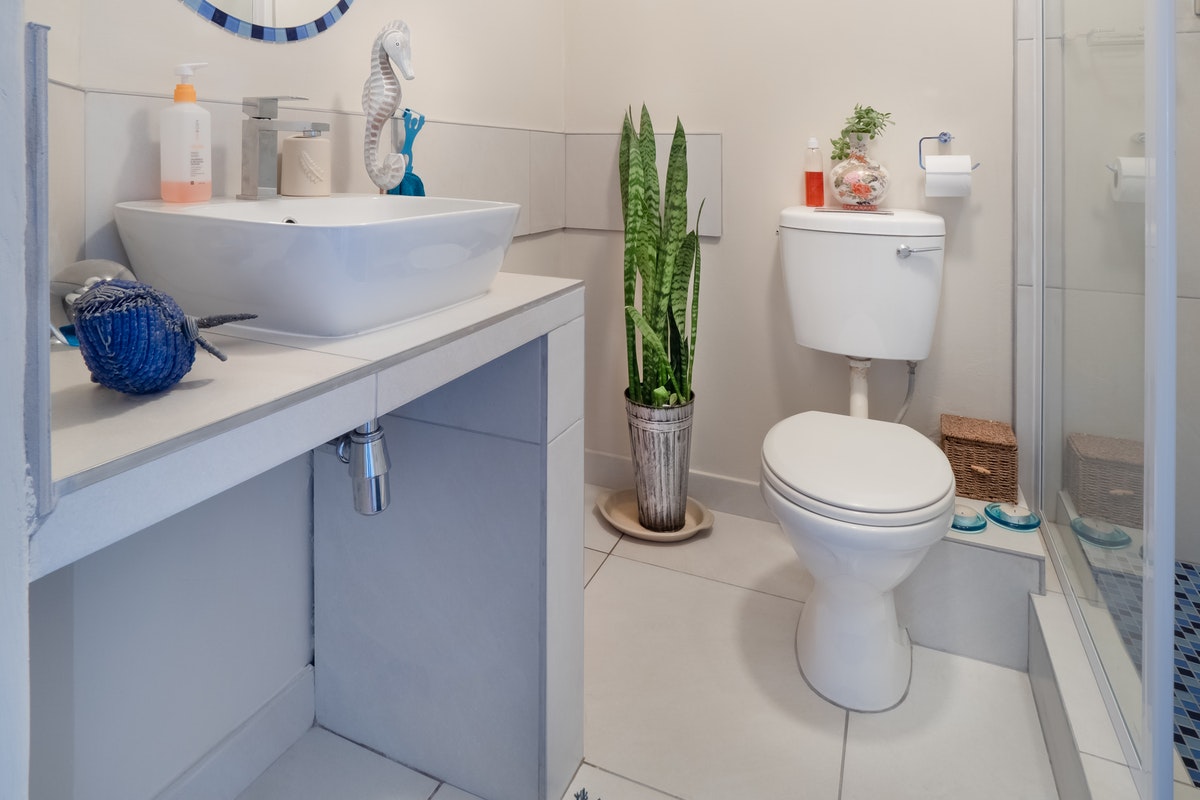One reason why your tenants and their belongings stay secure is the locks you have on the exterior doors. From time to time, you’ll be required to change the locks. Studies show renters are at a higher risk of home burglary than homeowners.
Your rental agreement as well as the local law will guide you when it comes to making the decision to charge for changed locks. If the renter turned in all the keys at the end of the lease, there’s no need to charge. However, it may be necessary to ask for a key deposit just in case the tenant fails to turn in the keys, to cover the cost of rekeying, lost or damaged keys.
Another scenario where tenants should pay to rekey locks would be if they themselves request locks to be changed.
So, maybe one of their roommates moved out, and they wish to have new locks.
Sometimes, the family just gave out the key to a relative or friend that they no longer want the individual to continue accessing their dwelling anymore.
Or another case might be, the tenants or their guests damaged the lock or broke the key.
Essentially, in all the above cases, the tenant will bear the cost of making a replacement.
For a landlord, it’s best practice to have information that explicitly states when tenants would be solely responsible for re-keying locks and what would be expected of them.
Related post: Is Landlord Responsible for Leaking Toilet
How much can a landlord charge for lost keys

Most tenants report lost items that belong to the owner at the end of the tenancy.
Almost instantly annoying is when they want to put the fault to be someone else’s or justify their mistake so they could be spared.
Landlords can relate to this.
Tenants should be held accountable for any lost keys and the cost to replace them.
The law provides for landlords to charge such fees.
This is the only way to recover the cost of replacing the keys or getting a new lock and keys all together.
A tenant will always want to challenge the amount set for them to pay through the local authority.
The charges should be reasonable, which is why you’ll want to use a professional locksmith and keep the receipts.
With their name, signature or logo on it, the charges can be easily conceivable and convincing straight out the gate.
If the actual fee in the receipt says $20, then the resident will remit the same.
The way to justify these expenses is so the quality of your locks remains the same and not compromised.
Provided there’s no exaggeration or inflation of any sort on the part of the actual cost, there will be no reason to argue about it.
If the amount is clear and reasonable enough but the tenant still refuses to pay, then as a landlord, you can make a deduction from their deposit.
This is how all this plays out.
With reference to the lease agreement, deposit money is meant to be refunded only in the event the tenant is not liable for any damaged item or whose sum cost is not a reasonable one.
A renter is at fault for any lost items (keys included), regardless of whether they lost unknowingly or through theft.
Can landlord change locks after 30 day notice

When dealing with tenants you need to protect yourself from getting in trouble with the law.
Changing locks is one of them.
Things can get a little slippery and miserable when you challenge renters.
Simply put, there’s little allowance within the legal framework to lock out a resident.
And if you hastily change the locks, you might get exposed to damages and attorney fees for the tenant.
Laws on lockout vary from state to state.
Generally, to exercise your right to lockout a tenant, you need to make sure at least the following conditions are true:
- There exists a lease that permits the right to change locks
- The tenant owes rent and there’s an advance written notice given
- The tenant has abandoned property
- There’s an emergency, construction or repairs that need to be done
Even in situations where there’s abandonment or breach of lease terms, you need to proceed with caution.
After the 30-day notice to terminate is over, write them a 3-day notice allowance to vacate.
But if they continue to dishonor your requests, then you can file an eviction action.
This is the most favorable route to take to present the case of non-payment and violation of lease agreement to the court.
A date will be set to hear and determine the case.
Then, the judge will infer that judgement to evict is viable, after which, the court will give the resident to appeal or vacate voluntarily.
Only after the period to appeal is over will the landlord be legally approved to change the premise locks.
If a situation arises where it appears the property was deserted a long time ago, still the law requires you to notify the renters before locking them out.
Serve them a note and stick it to the door, explaining that if they don’t communicate to you in a stipulated amount of time, you’ll be left with no choice but to rekey.
Once this time elapses, you’re free to switch the property locks.
Do landlords have to change locks between tenants

During tenancy, residents will cut multiple sets of keys and share with family or partners.
As the owner, you’re always going to find yourself in a position where you need to make the decision of whether or not you should change the locks when they move out.
Renters are temporary dwellers and ownership to their apartment or space often changes hands.
As a result, it is a great deal of responsibility to keep an eye on the state of an investment property while having absolute control over the keys.
There’s no definite answer as to whether you should change locks every time to keep your tenants feel safe. We need to consider two things:
- Tenants’ safety
- Cost involved
1. Tenants’ safety
Changing locks after a tenant moves in is an immediate and effective way of addressing home security.
Certainly, new renters want to feel safe in their new dwelling and they’re justified to request lock replacement if you didn’t do so.
Previous tenants handed in their keys, but might have also shared them with other people, and now multiple copies of your property keys are floating around.
It cannot be safe for the same locks to remain.
2. Cost involved
As mentioned earlier, state laws are different, but most of them make it a need for landlords to install locks on exterior doors.
So, if any of them become non-functional, you’ll be liable for jeopardizing your client’s security.
However, frequent lock breakdown and a high tenant turnover absolutely kill the landlord’s spirit of keeping the property reasonably secure after each tenancy.
To keep the cost really low, the landlord can choose to carry out the task themselves.
Still having doubts to re-key?
According to most tenancy laws, landlords have an obligation to provide and maintain locks. They are an important asset of keeping intruders at bay.
Have in place a tenant agreement that when signed protects you as well as renters.
If you ever feel that it’s not in your place to change the locks, think twice. Don’t just do it for the sake of ridding yourself a difficult tenant.
Trust the law and court system to adjudicate on the matter.
You’ll safely act upon a tenant who isn’t following rules and legally move them out of the property.




